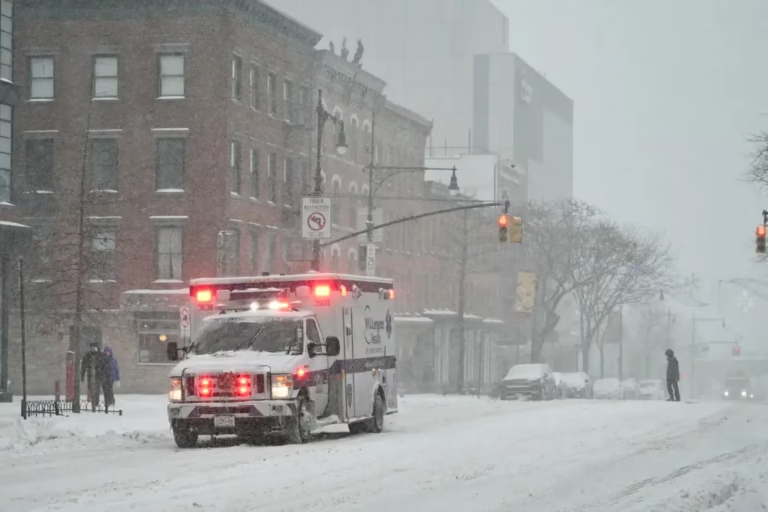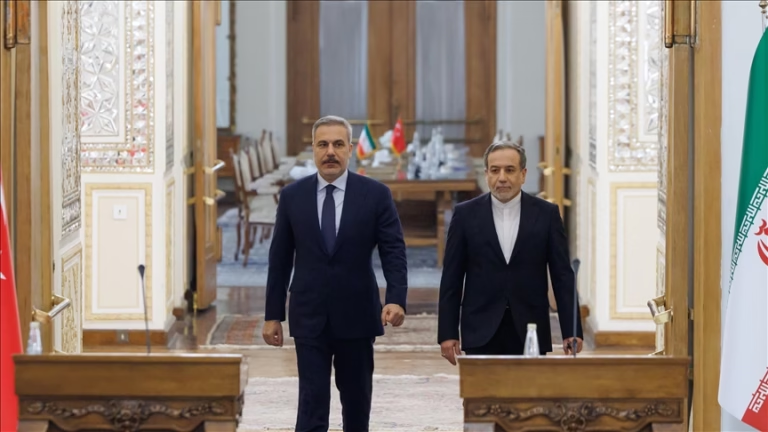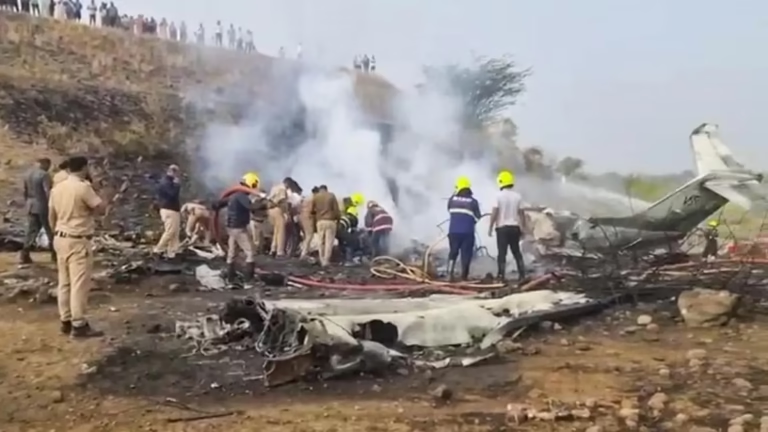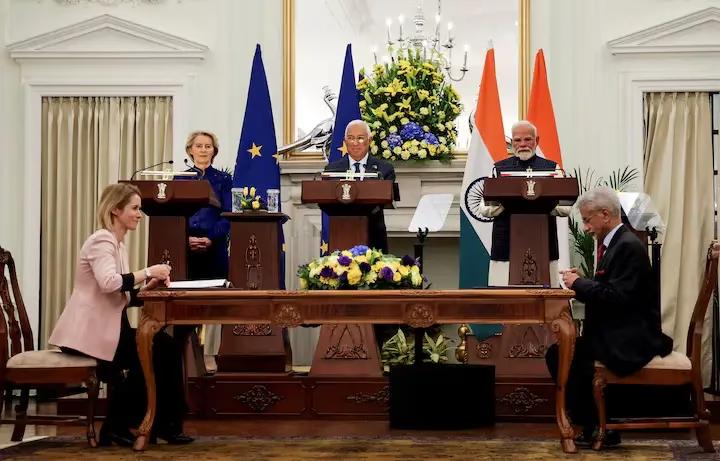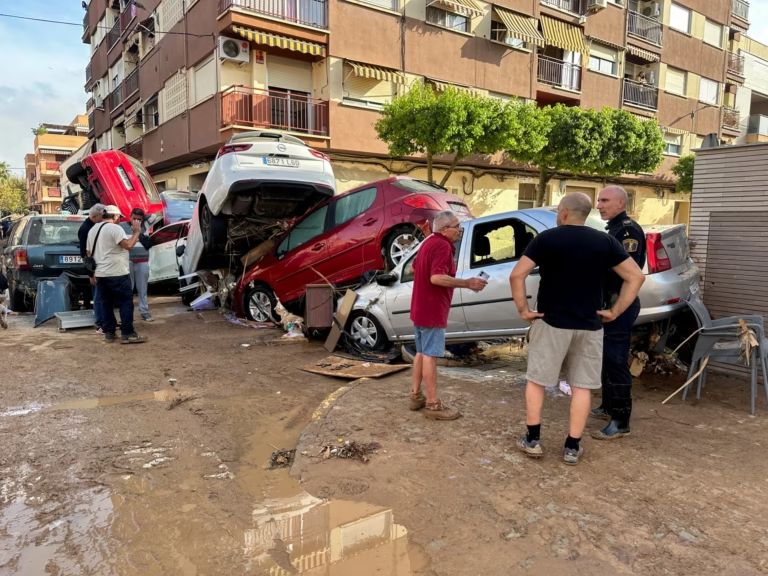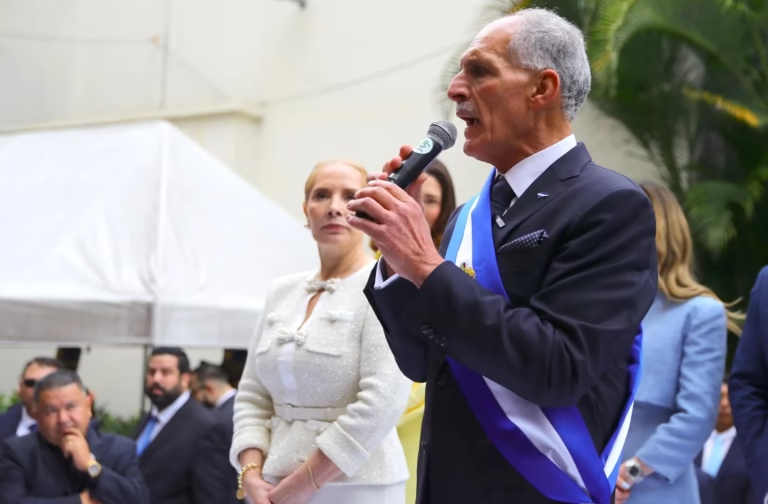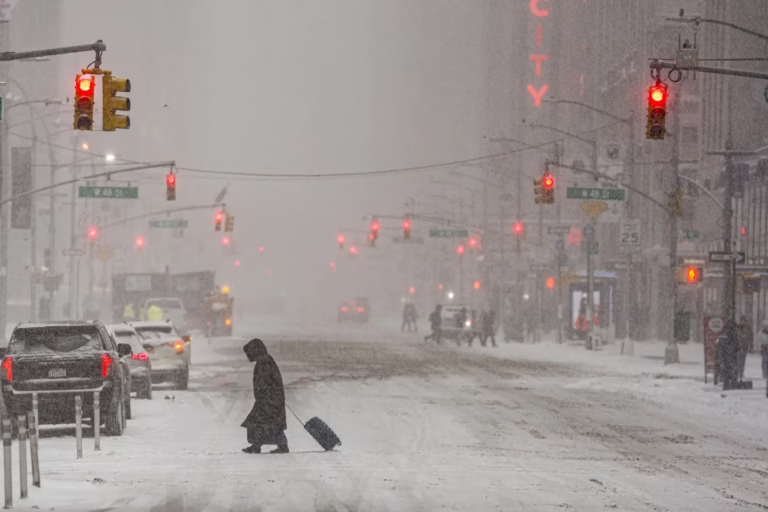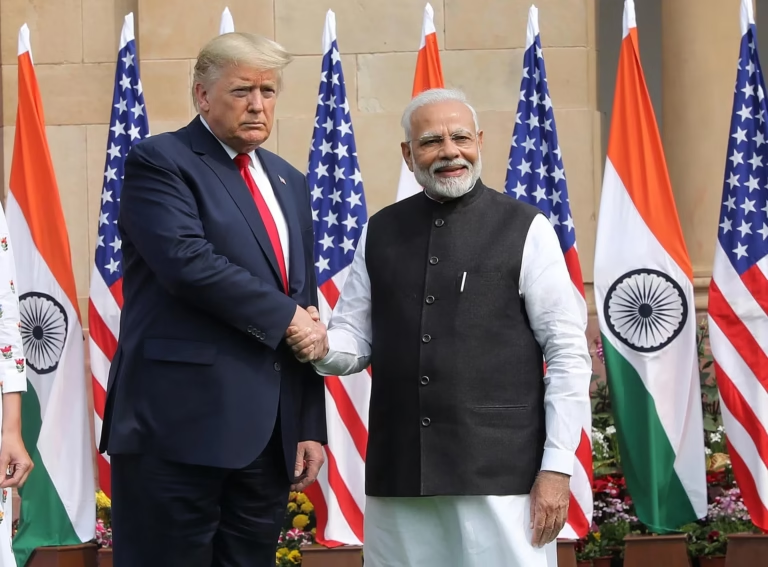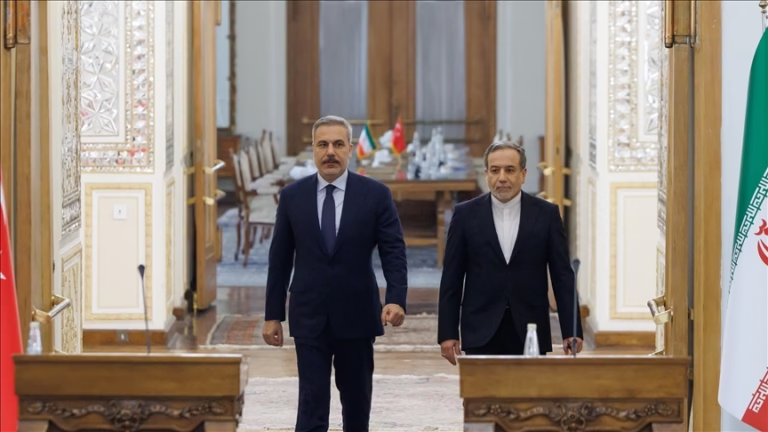Washington/New York, USA — A massive winter storm has killed more than 40 people across the United States, with authorities now reporting that the death toll from the devastating Winter Storm Fern has risen to at least 42 and could exceed 60 as investigations continue across more than a dozen states as of January 28, 2026.
The storm has blanketed large swathes of the country with heavy snow and ice while plunging temperatures deep into Arctic cold, leaving hundreds of thousands without power and paralyzing travel.
RELATED NEWS : Winter storm leaves over a million homes without power in the US
At least 300,000 to 500,000 electricity customers remained without power nationwide, down from peak outages that affected between 800,000 and one million homes and businesses. The hardest-hit states included Tennessee — where outages at one point neared 250,000 — Mississippi, Louisiana, and other parts of the South. Officials warned that full restoration could take days or even weeks due to catastrophic ice damage, with Mississippi experiencing its worst ice storm since 1994.
Deaths were reported in more than a dozen states affected by extreme winter conditions. Deep snow exceeding one foot stretched across a 1,300-mile corridor from Arkansas to New England, shutting down highways, grounding flights, and forcing widespread school closures. Areas north of Pittsburgh recorded up to 20 inches of snow, while wind chills dropped as low as minus 25 degrees Fahrenheit (minus 32 Celsius). Forecasters warned that a fresh surge of Arctic air would prolong freezing temperatures in already snow- and ice-covered regions, with the potential for another winter storm to strike parts of the East Coast.
The rising death toll included people struck by snowplows in Massachusetts and Ohio, fatal sledding accidents involving teenagers in Arkansas and Texas, and a woman found dead beneath snow in Kansas after being reported missing. In New York City, officials said eight people were found dead outdoors over the frigid weekend.
One of the most tragic incidents occurred near the north Texas town of Bonham, where three brothers aged six, eight, and nine drowned after falling into an icy pond. Their mother attempted to rescue them but was unable to reach all three children in time.
Southern states bore the brunt of infrastructure damage. In Mississippi, emergency crews distributed cots, blankets, bottled water, and generators to warming centers as thousands endured freezing homes. State officials reported that at least 14 homes, one business, and 20 public roads suffered major damage.
The storm also triggered massive disruptions to air travel and education. More than 14,000 flight delays and cancellations were recorded in a single day, with nearly half of all U.S. flights canceled at the height of the storm — the worst aviation disruption since the Covid-19 pandemic. Major hubs, including Dallas–Fort Worth International Airport, were severely impacted, stranding passengers and flight crews nationwide.
New York City experienced its snowiest day in years, with some neighborhoods recording between 8 and 15 inches of snow. While public schools closed, around 500,000 students were required to attend classes online. Across the Midwest, South, and Northeast, communities woke up to subzero temperatures, with all 48 contiguous U.S. states forecast to record their coldest average low temperatures since January 2014.
Authorities continued to urge residents to avoid unnecessary travel, conserve heat, and check on vulnerable neighbors as Winter Storm Fern’s deadly impacts linger and the death toll continues to climb.
SOURCE : AGENCIES | Follow Us: Facebook | Instagram | Twitter | Youtube |


